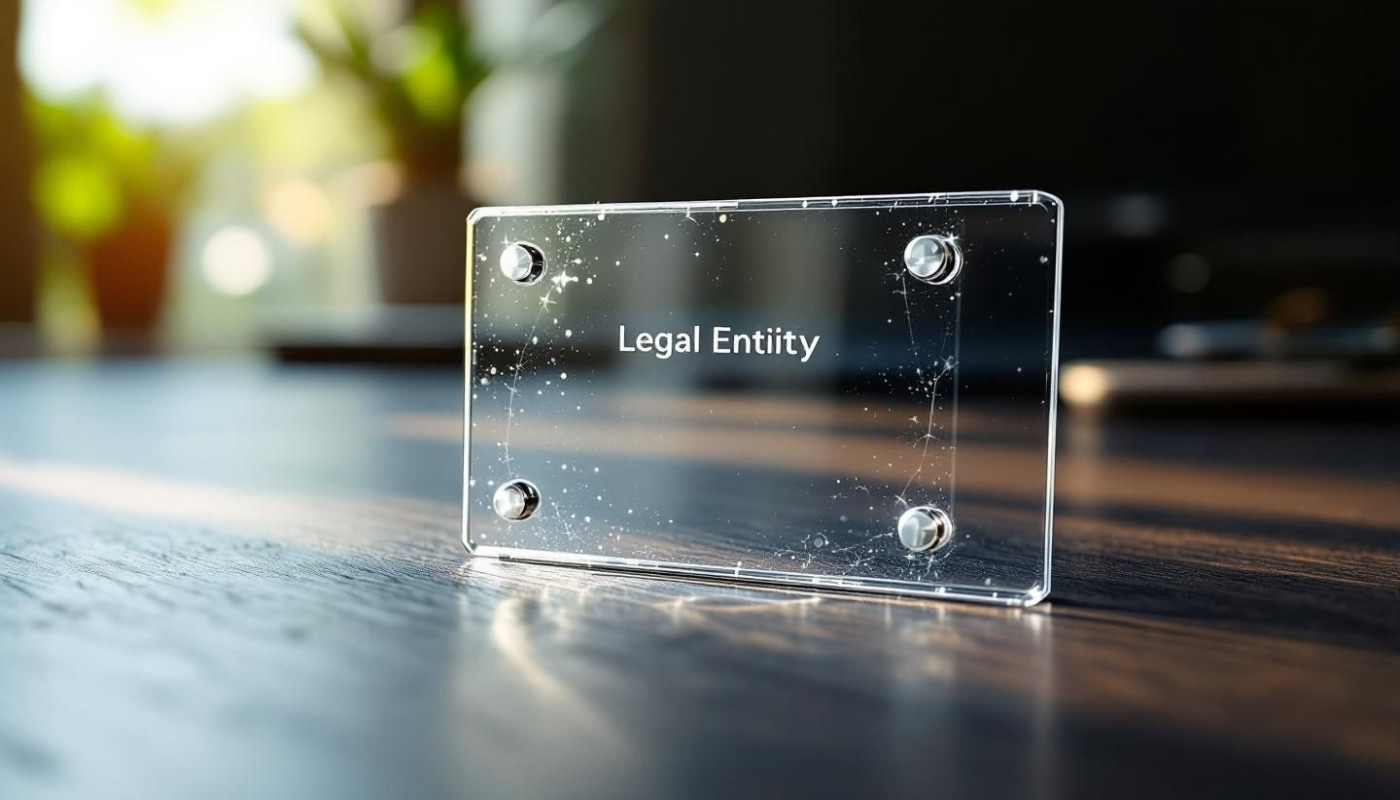Table of contents
In today's interconnected financial landscape, establishing trust and visibility has become essential for any organization. Understanding how a Legal Entity Identifier (LEI) can boost business transparency is essential for anyone seeking to navigate regulatory requirements and enhance credibility. Dive into the following sections to uncover the transformative impact of LEIs on business operations and compliance.
The basics of legal entity identifiers
A Legal Entity Identifier (LEI) is a 20-character alphanumeric code that uniquely identifies distinct legal entities participating in financial transactions worldwide. Introduced to enhance global identification and streamline the management of financial risk, the LEI code has become a pivotal tool for businesses navigating international markets. By assigning a standardized, universally recognized reference to each entity, the LEI system ensures that organizations can conduct business with greater clarity and trust, irrespective of jurisdiction. Unique identification is central to secure transactions, minimizing the risk of errors, fraud, or misrepresentation. The implementation of LEIs has advanced business transparency, as each code links to a publicly accessible database containing verified information about the entity’s ownership and structure. This level of transparency is especially valuable when dealing with complex cross-border operations or financial products. The concept of counterparty identification—knowing exactly who is on the other side of a transaction—has gained precision and reliability due to global LEI adoption, which has significantly reduced ambiguity in financial markets. This universal approach supports regulatory oversight and helps compliance teams fulfill reporting obligations with confidence, reinforcing the integrity of global financial transactions.
Enhancing trust in financial markets
Building financial market trust relies on transparent and accurate identification of parties involved in transactions. The legal entity identifier (LEI) plays a pivotal role in this process by providing a unique, global reference for companies, underpinning improved counterparty risk management. By making it easier to verify the true identity of entities, LEIs help reduce uncertainty and support rigorous due diligence processes. This transparency is integral for fraud prevention, as it deters criminals from exploiting opaque corporate structures. Enhanced identification through LEIs allows counterparties to assess the legitimacy and creditworthiness of their business partners, decreasing counterparty risk and fostering a safer environment for commercial operations. For any organization, empowering the chief risk officer to prioritize business transparency through LEI registration is a proactive step toward minimizing exposure to illicit activities. To explore the process and benefits of obtaining a legal entity identifier, visit lei.
Streamlining compliance and reporting
Implementing a legal entity identifier (LEI) plays a pivotal role in simplifying regulatory compliance by enabling more efficient and transparent processes. LEI registration allows companies to be uniquely identified in global transactions, which becomes a foundation for business transparency in financial markets. Regulatory reporting automation, a technique that leverages digital solutions to submit required data to authorities, becomes much more straightforward when each entity is tagged with an LEI. This standardization minimizes manual data entry, reduces risk of error, and significantly lowers the workload for both the organizations submitting reports and the regulatory authorities processing them. Using LEIs also ensures that information submitted across jurisdictions remains consistent, enabling seamless cross-border compliance. The head of compliance operations finds this especially beneficial, as it not only supports adherence to international standards but also accelerates due diligence, risk assessment, and transparency initiatives across the organization.
Improving supply chain visibility
The use of a legal entity identifier offers significant value to organizations looking to advance supply chain transparency. By assigning unique identification codes to every company engaged in the flow of goods and services, the legal entity identifier system supports supplier identification across borders and industries. This method promotes enhanced business transparency, as it allows the head of procurement to map out all entities participating in the supply chain. Such mapping is fundamental for effective supply chain risk management, since it exposes links to high-risk regions, obscure subsidiaries, or previously unknown affiliations. Identifying these hidden risks not only improves oversight, but also boosts accountability by ensuring all suppliers are accurately represented and traceable. As a result, businesses can address compliance requirements, prevent fraud, and build trusted commercial relationships based on verified information.
Facilitating global interoperability
The legal entity identifier (LEI) acts as a cornerstone for global interoperability by enabling seamless, reliable interaction among businesses, regulators, and financial institutions across borders. Through the standardized identification of legal entities, LEI adoption directly supports data standardization, ensuring that various parties reference the same entity in identical ways worldwide. This uniformity drastically reduces manual errors, mismatches, and inconsistencies in financial transactions and regulatory reporting. Business transparency is heightened when entities are clearly and consistently identified, simplifying cross-border operations and reinforcing trust between stakeholders. The chief data officer, responsible for data integrity and quality, can best highlight how LEIs streamline operational processes, further fostering global interoperability and compliance across complex business networks.
Similar articles

How Legal Entity Identifiers Boost Business Transparency?

How Structured Protocols Enhance Corporate Licensing Success

Exploring Digital Payment Solutions For Charitable Organizations

The Rise Of Luxury Car Brands In The Fragrance Market: A Strategic Expansion

What is the difference between SBObet and other sports betting sites ?

